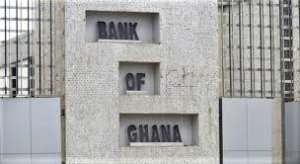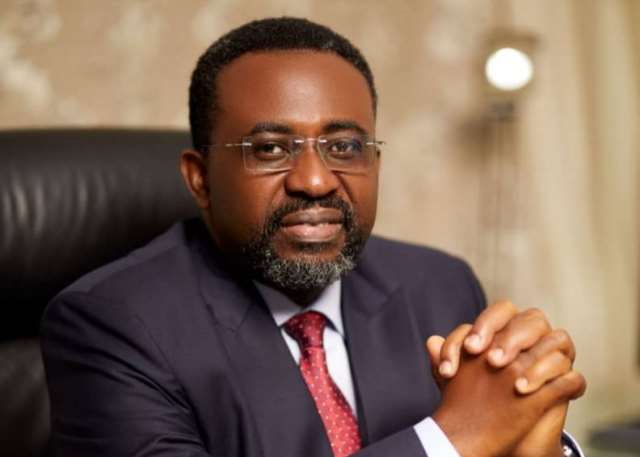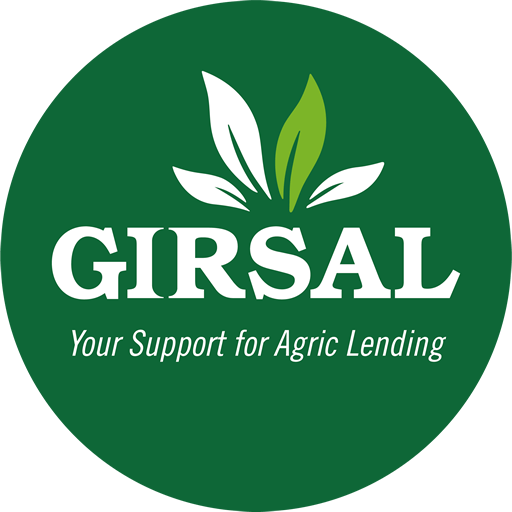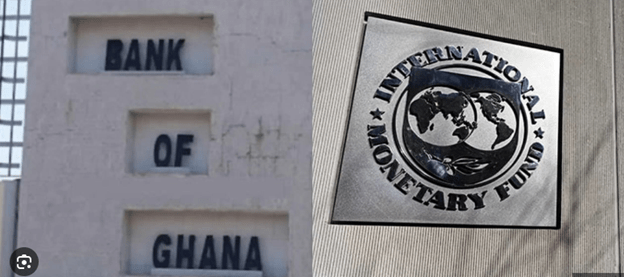
As part of efforts to support the critical and productive sectors of the economy, the Bank of Ghana (BoG) is considering deploying portions of the reserve requirements of the commercial banks held by the Central Bank to support agriculture.
Governor of the Bank, Dr. Johnson Asiama says it is his consideration that a portion of the about GH₵ 50 billion that the reserve requirements have accrued be deployed to the private sector to fund agriculture.
The Governor made this disclosure at Tuesday’s concluding session of the National Economic Dialogue. Dr. Asiama made this revelation in response to the Private Sector Working Group, which requested that the Bank channel the reserve to productive and critical sectors of the economy to spur growth.

In his view, he indicated that he is assessing the potential of committing a portion of the differentiated reserve requirement to augment the Ghana Incentive-Based Risk Sharing System for Agricultural Lending (GIRSAL) for onward lending to agricultural initiatives.
GIRSAL is a scheme that guarantees funds to facilitate credit for agriculture and agribusiness to mitigate the risks associated with the sector.

“That issue is actually under consideration. If you ask my own views, what should be done about those balances, I’m sure you’ve heard about GIRSAL. Yes. The Ghana Incentive-Based Risk Sharing System for Agricultural Lending. That scheme has a lot of promise. It basically acts like a guarantee fund to facilitate lending to the agricultural sector. And so, if I had my way, I would want to commit part of those funds to augment the guarantee fund for GIRSAL,” he indicated.
He added: “Once I do that, I facilitate lending to the agricultural sector. Currently, I have to check what the balance is, but I believe it’s over 50 billion Ghana cedis. If I can get 10 billion or 20 billion to augment that guarantee fund, we may be able to increase, you know, lending, private sector lending, in terms of agriculture.”

He, however, indicated that it is not a decision the Bank can take autonomously, since the country is under an IMF programme. He therefore added that the Bank will engage the IMF and tailor out the best approach to implement the initiative.
“I want to assure you that we are looking at it. We will engage the IMF, we will engage the other authorities. If we are able, if they give us a leeway, we’ll look at how we can commit those funds productively,” Dr. Asiama further indicated.

Many experts and analysts agree that since the reserve sitting at the bank is not remunerated, it will be in the best interest of the economy for the Bank of Ghana to channel it productively.
Such a move will align with the government’s broader economic goals of enhancing food security, reducing the high food importation, reducing food inflation, and expanding agribusiness financing.
Other experts argue that strengthening GIRSAL with additional funding could significantly de-risk agricultural investments and encourage banks to extend more credit to farmers and agribusinesses.
Source: thehighstreetjournal.com


